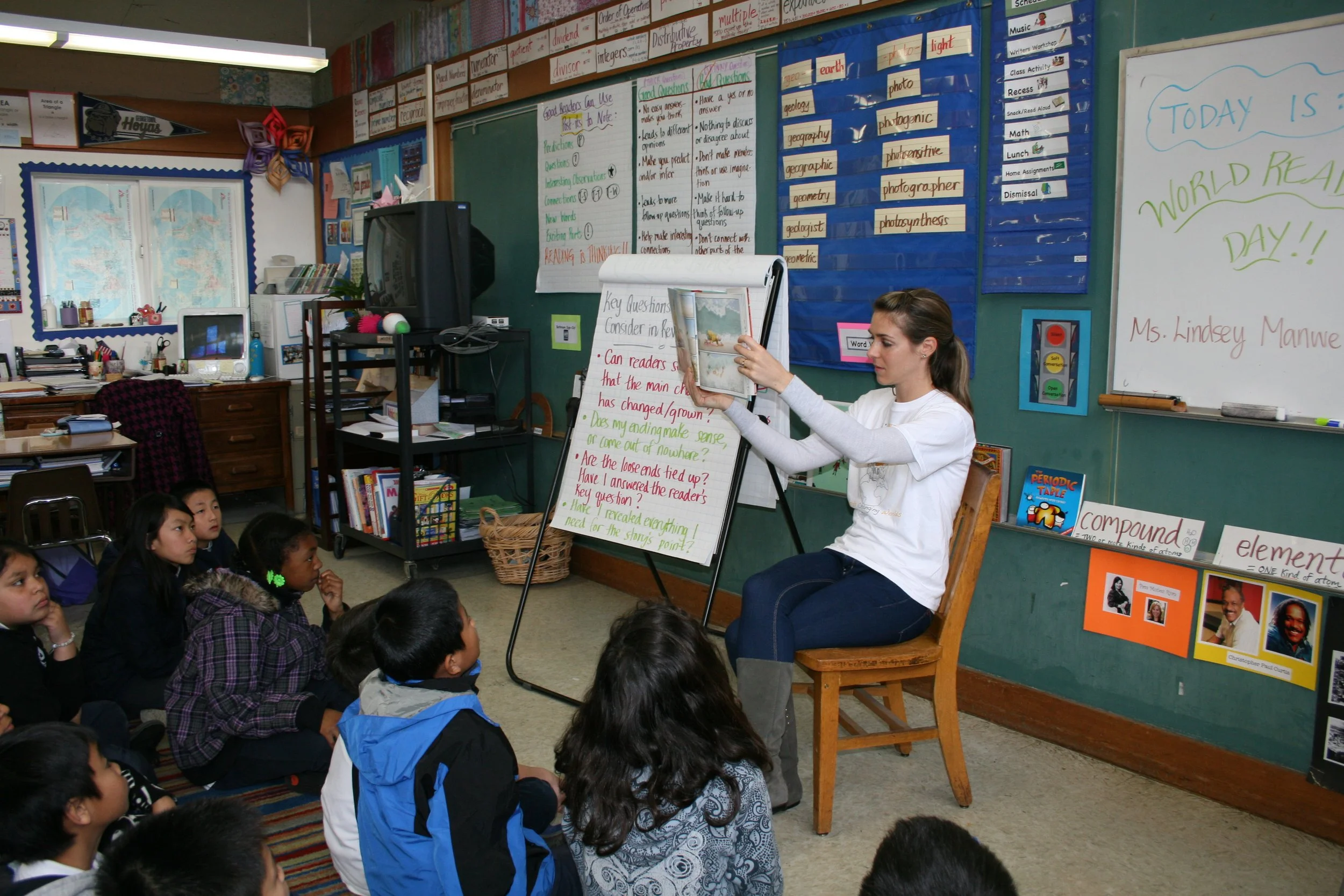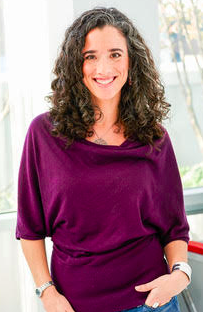The HerStory Campaign's International Programs Coordinator, Binta Freeman, reflects on her first international trip to work alongside our partners and the HerStory team.
Over the past week, The HerStory Campaign team (Jennifer Estrada, Juliana Velez, and myself) along with Global G.L.O.W.’s Executive Director, Katie Rootlieb, traveled to Port-au-Prince, Haiti. There, our team had the opportunity to meet with our partners, participate in LitClub site visits, and host a local HerStory Summit. Our team met with Nadine, the Executive Director of one of our partner organizations in Haiti, Fondation TOYA, as well as the Partnership Coordinator, Vanessa, and the Assistant Partnership Coordinator, Rebecca. Together, we also spent time with our other Haiti-based partner, The Children of Haiti Project, and their Executive Director, Dominique.
During these meetings, both the HerStory team and the two Haitian teams were able to express their thoughts regarding our partnerships and our goals for the future. We also had the pleasure of meeting with both sites’ mentors and girls. Both TOYA and COHP possess a highly dedicated group of young women mentors.
HerStory Campaign Manager Juliana Vélez participates in a LitClub session.
LitKids in Haiti and their Inspiration Bookmarks.
Though the entire trip was very inspiring, some of the highlights were the local HerStory Summit and Young Women Leaders Forum. The summit was a day-long event in which a total of 80 girls from both of the partner organizations participated in traditional HerStory programming centered around one theme: Positive Community Engagement. During this summit, the girls rotated to different stations where they composed "Where I’m From" poems and Inspiration Bookmarks. The girls also engaged in familiar community-building activities and warm-up exercises throughout the day.
The Executive Director of Fondation TOYA, Nadine (left) with the Executive Director of COHP, Dominique (right).
As they drafted their poems, the LitClub members reflected on their strengths and past experiences and brainstormed about the ways their identities could impact their communities. While creating their bookmarks, they had the chance to stop and think about their futures and then visually represent their hopes for their community through their art. The girls of TOYA and COHP girls spoke very candidly about how they viewed themselves and the things they would like to change about their country. I was very impressed with the girls' levels of self-awareness and commitment to their communities.
Through meeting with the Young Women Leaders group, our team was able to gain an even better understanding of why our girls are as mature and dedicated as they are: they have amazing mentors. TOYA recruits their mentors from their Young Women Leaders initiative—a group of young women professionals aged 20 to 30. Some of these mentors are former LitClub members themselves and others have more recently begun working with TOYA to better the lives of girls in Haiti.
During our forum, young women shared their personal experiences and emphasized how their past hardships will not define their future success. The young women also highlighted how having the support of one another bolsters their solidarity and feeling of connectedness. They often spoke to each other with words of encouragement, and there were plenty of supportive hugs shared by all!
It became very apparent to us that all of these young women are genuinely committed to the same causes and are passionate about bettering their futures as well as the future of generations to come.
It was wonderful to be able to witness how our partners have internalized our shared mission and are working toward their long-term goals. Both TOYA and COHP gave us a warm welcome to Haiti and allowed us to take part in our programing in person. More importantly, we were able to hear the stories of the local girls and women and support their efforts in transforming their lives.
HerStory Campaign Director Jennifer Estrada facilitating the Story Summit.



































